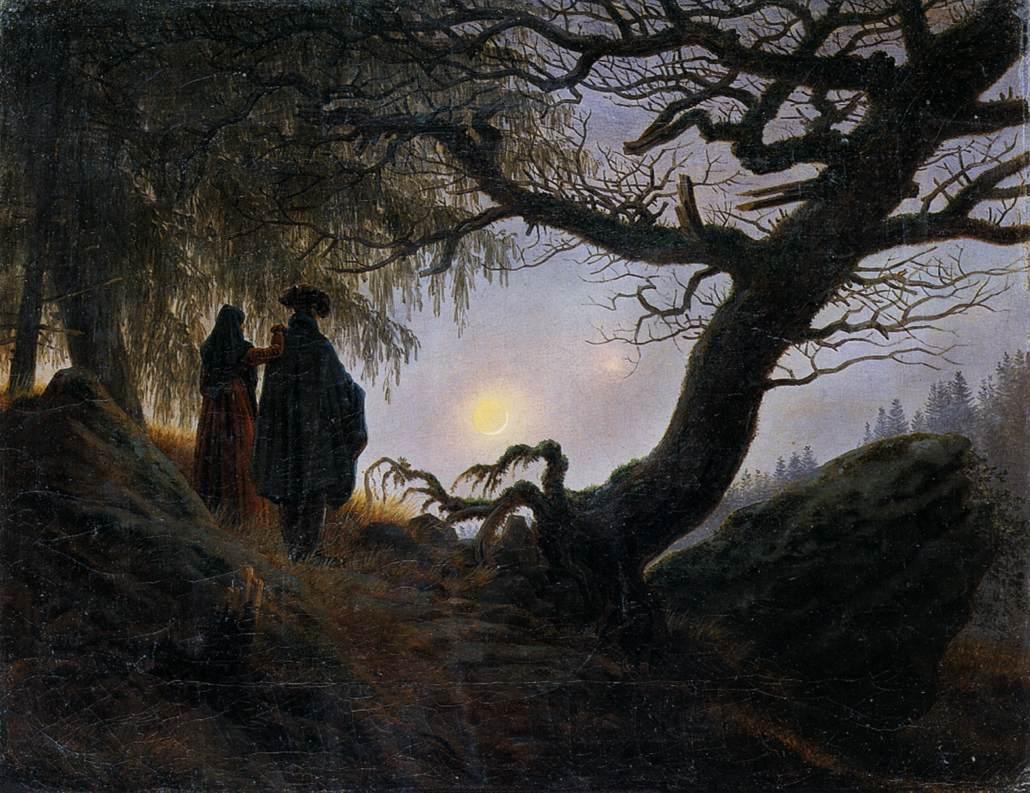The modern dungeon master has become something like an amateur filmmaker. We sit behind the screen as if we’re directing a summer blockbuster, one explosion away from impressing Michael Bay. Every adventure feels like it needs to end with the players killing a god, saving the kingdom, or preventing the unraveling of all reality.
What used to be just a few friends rolling dice over pizza has turned into a kind of arms race. Your party saved a village? That’s cute. Mine stopped a dracolich invasion while riding motorcycles made of frozen time.
I know this because I’ve done it. I once planned a campaign finale involving three simultaneous apocalypses. I caught myself wondering if it was “epic enough” to satisfy everyone. Only later did the absurdity of that question actually hit me.
We’re hooked on spectacle. We keep trying to recreate that first big rush. But the more we chase it, the more it slips away.
We’re good at building cosmic battles. We’ve just forgotten why the players should care.
The Epic Addiction
The fault is not in our dice, but in ourselves. It’s the way we’ve trained ourselves to chase moments. The kind that show up in recaps and group chats. We’re engineering highlights when we should tell stories. Every scene becomes a setup for some big cinematic payoff. The wizard collapsing a temple on a horde of undead at the perfect moment. The bard pulling a miracle out of nowhere. The table cheers, someone writes it down, and we all feel like we did our job.
Online, it only gets worse. Social media’s full of proud stories. “You won’t believe what my players did last night.” And then it’s 800 words about someone using Mage Hand to cause a boss fight meltdown. Meanwhile, the quiet sessions, where characters talked to villagers or helped an old herbalist save her daughter, those go unmentioned. They don’t fit the mold of what we’ve decided is worth sharing.
Actual Play shows don’t help either. We watch celebrity game masters run perfectly timed set pieces with professional actors and painted miniatures. And we try to match that, sitting around Dave’s kitchen table once a week. Suddenly a regular session doesn’t feel like enough. So we crank up the volume, and the quiet parts get lost.
A truly epic moment isn’t about the size of the danger. It’s about how much we care about what’s in danger.
Frodo didn’t become compelling because he was powerful. He was compelling because he wasn’t, and he kept going anyway.
The Corporate Marketing Machine
Publishers aren’t making this easier. Look at any modern RPG book. The art shows warriors in mid-leap fighting monsters with too many eyes. There’s no space for the quiet parts. Nobody’s just sitting around a fire, reflecting on the road behind them.
The older modules weren’t like this. “Keep on the Borderlands” gave you a fort and a cave full of kobolds. That was enough. Now? Now you’re level 1 and already tangled in a war between gods. Avernus isn’t just hell, it’s a specific layer of hell with its own lore and rules and fireworks.
Marketing language has shifted too. Adventures aren’t just “challenging” or “fun.” They’re “legendary,” “world-shaking,” or “multiverse-threatening.” You half expect the words to be followed by “again.”
We’ve started mistaking scale for meaning. But no multiverse has ever mattered as much as a single trusted NPC turning on you.
Even the characters feel superpowered from the start. Nobody’s just a town guard anymore. You’re a chosen one, marked by prophecy, with a dead god in your past and some strange force hiding in your blood.
The thing is, we asked for this. And the publishers gave it to us. We wanted drama and danger and sky-high stakes. But now it feels like every campaign needs to feel like the end of a season. And there’s nowhere left to go from there.
The Revolutionary Power of the Mundane
But here’s the part we’ve forgotten. The moments that stay with us are often the small ones.
I remember one session where the players held a funeral for a blacksmith who’d been quietly helping them for months. No boss fight, no plot twist. They found his estranged daughter and gave her his savings. They built him a monument. It was one of the most powerful sessions we’ve ever played.
So how do we fight back against this need for spectacle? We need to remember that small things can carry weight.
Think back. When did your party last help a village solve a basic problem? Not because of prophecy or secrets, but just because the people needed help. Those moments stick because they’re not reaching for anything. They’re just honest, and real.
Even the tavern, that overused starting point, still holds power. The innkeeper who always gets your name wrong. The merchant who trades stories for drinks. The retired adventurer who challenges everyone to arm wrestling. None of them are gods in disguise. That’s why they matter.
Big stories don’t mean anything without small ones. A dragon threatening the realm is abstract. A dragon threatening your favorite innkeeper is urgent.
We don’t always need another end-of-the-world fight. We need more nights where the party just makes the world a little better. Where the players care about the people they’re saving. Because once they care, even small dangers start to feel enormous.
When your players have spent time in a town, know the locals, and have personal stakes, then the big threats feel real. That dragon is not a stat block. It’s a threat to people they know. Small stories build deep emotions. That’s not a tradeoff. That’s the goal.
Reclaiming Agency Through the Mundane
Here’s the strange part. The more massive the threat, the fewer real choices the players have. When a god is going to destroy everything, your choice is simple. Stop the god. There’s no room to do anything else.
But in smaller stories, choices grow. Do you support the current mayor or her rival? Do you help one farming family in a drought, or try to fix the whole system? Do you look for magical solutions, or solve things the old-fashioned way?
When everything is about saving the world, no choice really feels like yours. Real agency happens when the stakes are human.
Small stories open up creative thinking. Players can try strange ideas. Research old techniques. Call in favors. Make hard decisions. There’s no page in the rulebook for how to fix a village well or break a generations-old feud between neighbors.
These choices show who your characters really are. How your paladin handles a fight between farmers says more about them than how they smite a demon.
Balance in All Things
This isn’t an argument against epic storytelling. We all love it when the bard lands the final hit, when the sky cracks open and the villain falls. That stuff’s fun. It’s why we play.
But we need balance. The grand finale feels bigger when the players have lived in the world. When they care about more than just the mission. When the danger touches places they know and people they’ve laughed with.
The best games I’ve run are the ones that work at every level. Big picture and small. A demon invasion matters more when you’ve seen the town square, know the shopkeepers, and have a favorite tavern stool.
So go ahead. Plan the next boss fight. Bring out the cosmic horror. But between those peaks, let the quiet parts breathe. Let your players sit with villagers. Let them argue politics. Let them grieve and heal.
Those are the parts they’ll talk about years later. Not how much damage they did. But how the rogue finally opened up about the scar on her face. How the cleric found a forgotten shrine, kept alive by one old woman, and cried.
It’s those moments that echo the longest.
They do for me.
Featured image: Man and Woman Contemplating the Moon by Caspar David Friedrich (1824)


